Cattle moved to pastures new for biodiversity project
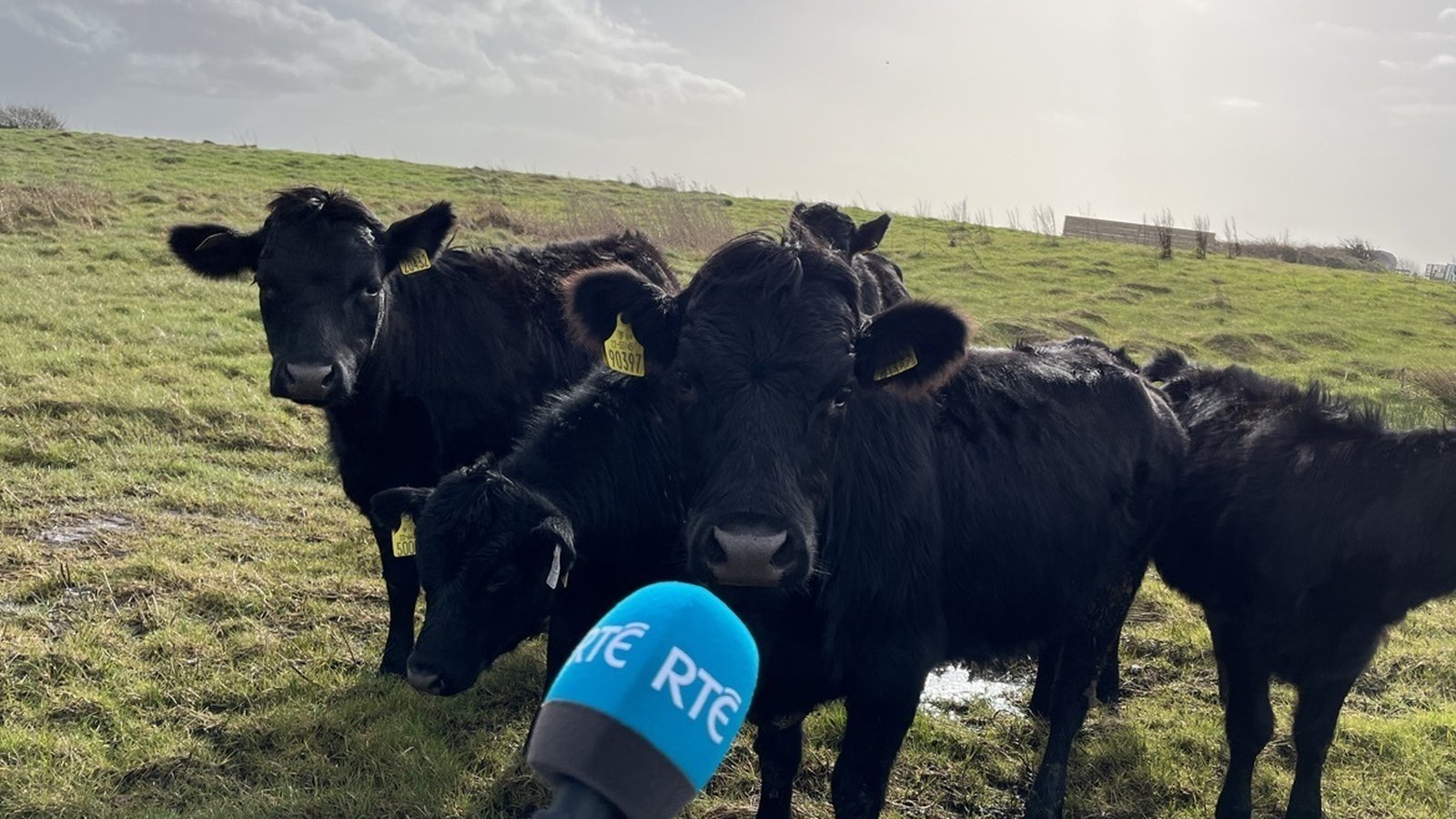
A herd of cattle in Co Galway has relocated to pastures new for a biodiversity project which will run until early summer.
The Dexter cows are grazing on a coastal headland in the Renmore area of the city, where it is hoped they will help rejuvenate a two-hectare area over the coming months.
The animals have been selected for the task given their eating habits and smaller-than-usual hooves.
Council officials are hoping that they will clear long grass from the area, allowing the existing seed bank to flourish and flower, over late spring and into the summer.
If the project is successful, the cows will return to Renmore next winter, to repeat the process.
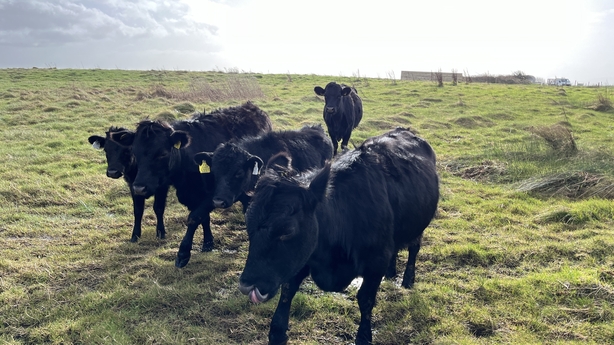
Biodiversity Officer with Galway City Council Paula Kearney explained how the area in question already formed part of the pollinator plan, where mowing is carried out just once a year, in order to support native flora and fauna.
While that has been beneficial, the rich soil on the coastal site means grasses thrive there, impeding flower growth.
She said the Dexter cows will take out dead grass, or thatch, along with the longer grasses, while also scoring the ground gently with their hooves.
This combination will allow seeds to germinate and, hopefully, flourish.
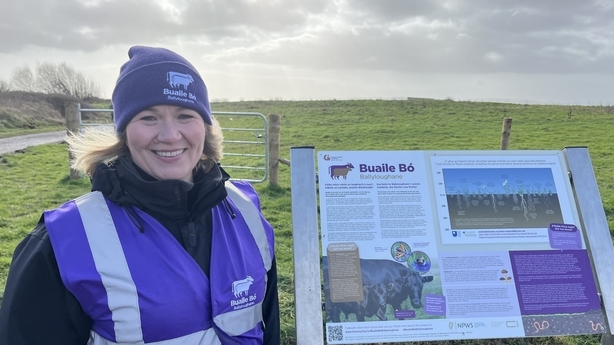
When that happens, bees and other insects will be attracted to the site, supporting and enhancing biodiversity in the area.
Local schools, community groups and voluntary organisations have all signed up to take part in the Buaile Bó project.
The cows have travelled from a farm in Lackagh for their city break and seem to be taking well to their new surroundings.
Children from third class in Scoil Chaitríona in Renmore were among the first to visit the new arrivals, a short distance away from Ballyloughane Beach.
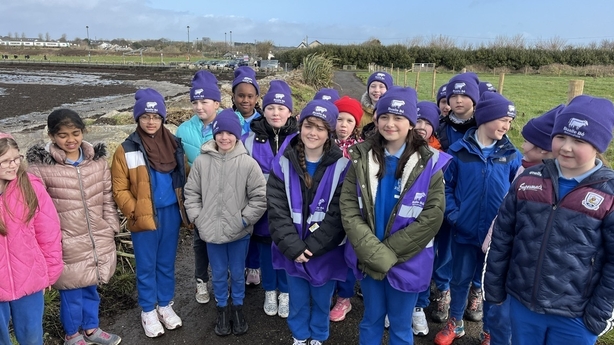
The nine and ten-year-old pupils have been learning about the characteristics of the Dexter breed and the role they can play in both biodiversity while also educating city residents about rural life.
The impact that the cows’ farts have on the environment, along with their eating habits, are among the topics to catch the children’s attention.
Ivan Kelly, Extensive Farming Systems Specialist with Teagasc, said the Dexters are a native, traditional breed.
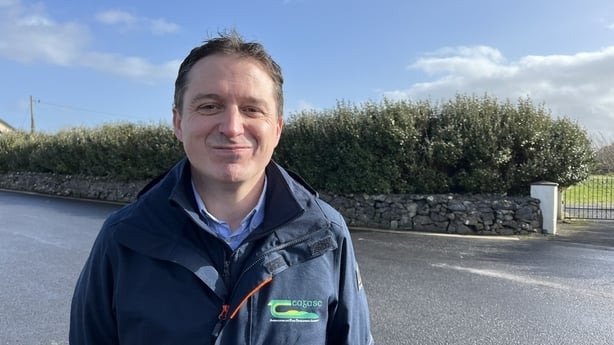
He said: “While they don’t grow as big as other cows, they do an excellent job grazing and they’re perfect for the job here.
“They graze with their tongue, so they pull up tufts of grass, leaving vegetation of various heights behind.
“The project will be monitored on an ongoing basis and will be adjusted depending on the results that are recorded over the next few weeks. But the plan at this stage is to leave the cows here until early May.”
Mr Kelly said Buaile Bó is important in terms of supporting sustainable farming practices, safeguarding the rare Dexter breed and the connecting with the local community through outreach initiatives.
“What we’re doing here is a microcosm of what we can do in many more areas around the country; we can get public buy-in and establish grazing and farming as part of the picture to improve biodiversity and protect the environment,” he added.




